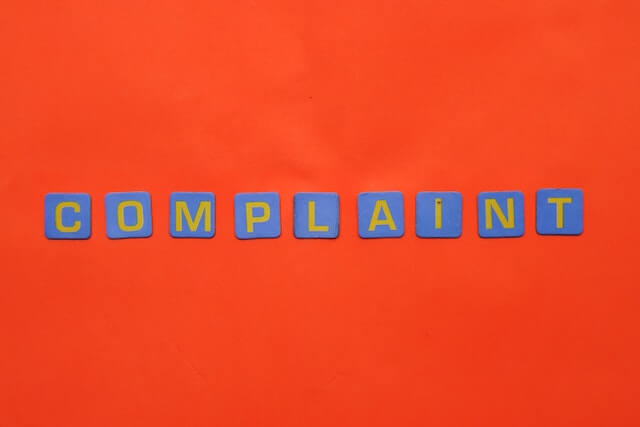Not all landlord-tenant relationships are smooth sailing. As much as property managers want to have a peaceful and pleasant lease, some events could lead to conflict. When this happens, there are different ways they can go about it.
Some landlords would make an effort to mend the rift with their tenants. They only need to talk it out and compromise to make things better. Usually, everything sorts out after that, but sometimes it doesn’t. If the tenant is lucky, the landlord will let it go and move on with the lease. Some tenants are unfortunate enough to experience retaliation from the landlord.
We all know that retaliation is a grave offense for landlords, but we can’t control a person’s actions. Too much frustration can drive them to do things they usually won’t do.

Landlord Retaliation
Landlord retaliation, by definition, is a series of landlord actions in response to tenants exercising their rights. The goal of landlords is to either evict the tenant or raise their rent. For example, the tenant reports the property manager to authorities for breaching the contract. To respond, the landlord tries to kick out the tenant from the rental.
Don’t mistake every eviction for retaliation. Evicting tenants should always have a legal basis and correct process. Some states consider the following as retaliatory:
-Refusing services
-Lease Termination
-Eviction
-Increase rental price
The lease agreement serves as a guide for landlords and tenants to identify right from wrong. There are consequences for anyone who violates it. But when property managers harass tenants who are in the right of things, that is retaliation.
Can landlords retaliate?

Of course, the obvious answer is no. Remind the landlord to be careful in dealing with tenants who:
-Verbalize their views and opinions.
-Complain to the proper authorities about an unsafe environment.
-Use the property for activities that are within their rights as renters.
-Refuse entry to the property rental.
-Refuse changes to the property during their lease.
Landlords should consider that tenants have rights, and they should protect those rights. The biggest mistake a landlord can make is to get frustrated and take matters into their hands. Some of them will deliberately turn off the electricity, change the locks, or do anything that will force the tenant out.
How to handle landlord retaliation
Once the tenant feels the landlord is retaliating, they may file a lawsuit in a small claims court. They can get a lawyer to help them with it. After that, there will be a gathering of evidence from both sides and talking to witnesses. The issue will escalate until a judge decides who wins, who needs to pay a fine, and who will leave the property.

The landlord facing the lawsuit should prove that his actions were not because of retaliation. He should provide complete documents to back up all of his claims.
How to avoid landlord retaliation
Most landlords would not want to resort to evicting a tenant because it will affect their income too. But because of frustration, they stoop to getting back at the renter. It is a desperate attempt to remove their problems, even if they don’t want to do it.
The best way to avoid all of these is something you can do. You should screen the tenants thoroughly to find someone who will fit with the landlord. Tenants and landlords should agree on everything for their partnership to work. Do not approve an application if you think they are prone to having disputes with the landlord. You can learn a lot about someone during interviews, and you will get a feel of how they are as clients.
The next time you have a vacancy, you already know what to do and what to watch out for in applicants. To get several tenant options, advertise your listings well. Utilize a great website like Padleads and post your property listings online. You can syndicate them to other web pages too.